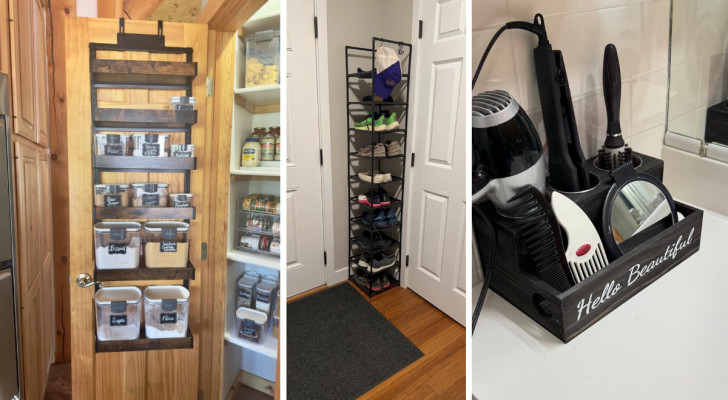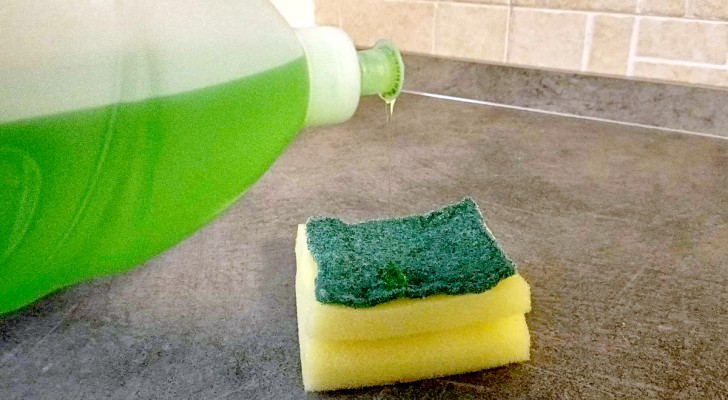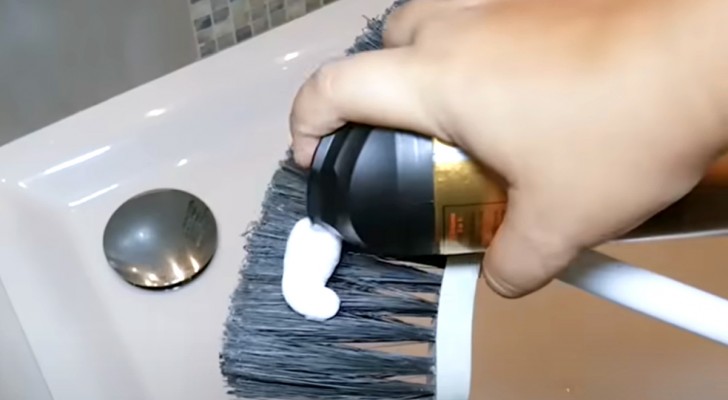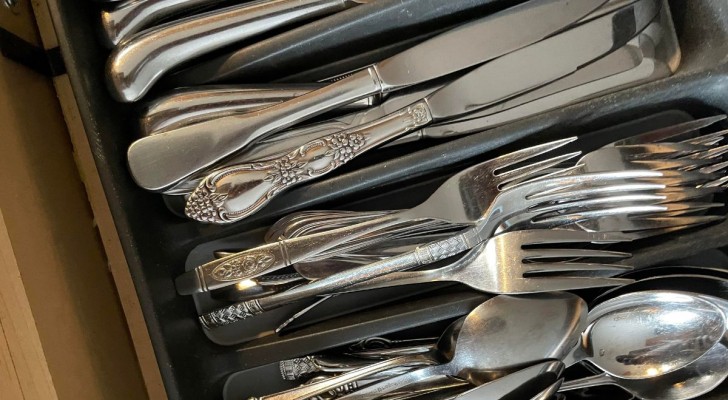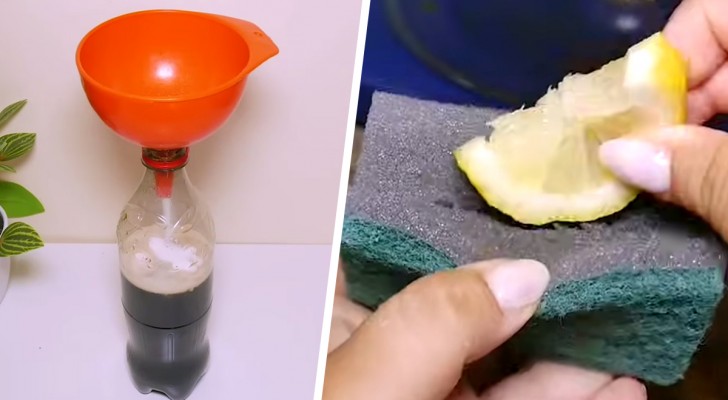Cleaning with vinegar at home: how and where to use it to avoid making mistakes
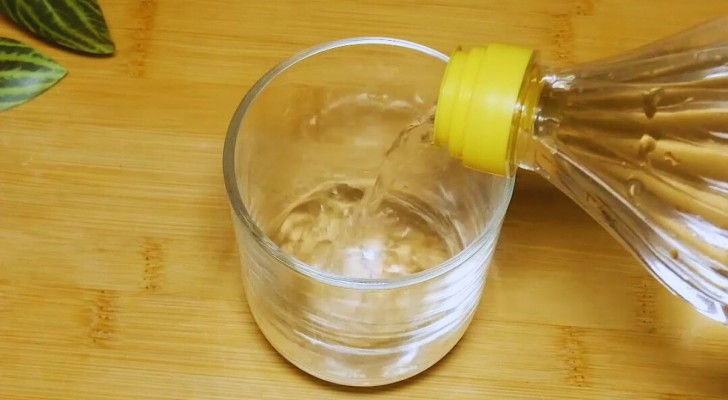
How many times have we recommended using vinegar when cleaning the house? It is undeniable that it is worth keeping vinegar in the pantry (or under the sink), ready to remove stains, fight mold and more. It costs very little and helps with a thousand household chores, sometimes even replacing more expensive cleaning products.
But when shouldn't we use vinegar? What precautions are best to employ when using it? Below are some tips that are worth remembering:
How does vinegar clean dirt? Where is it best NOT to use it?
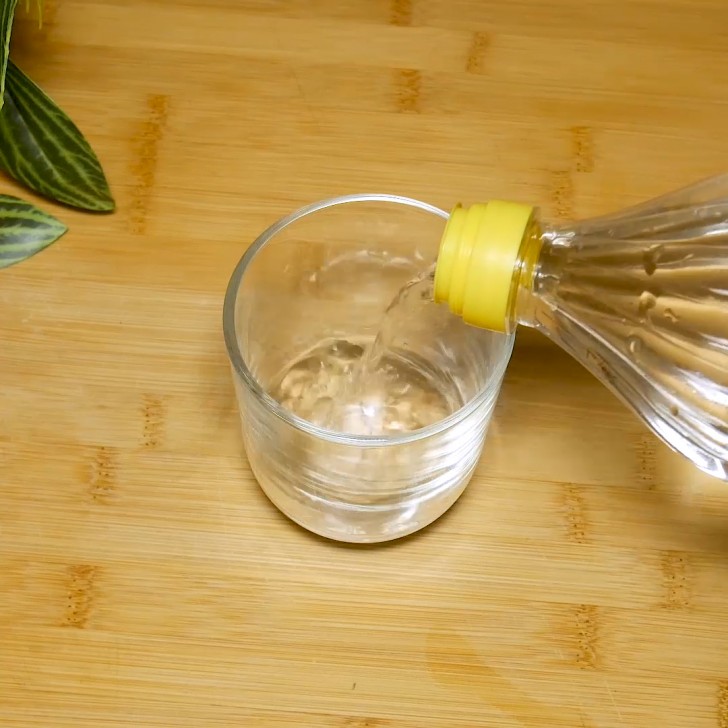
Creativo
Vinegar contains about 5% acetic acid: this is what dissolves dirt, grease, oil and kills bacteria and germs. But this acid can ruin certain surfaces/materials, such as:
- natural stone
- waxed wood
- wrought iron
- aluminum
This is why we must be sure of what the material is (or is composed of) before cleaning it using vinegar.
Vinegar needs contact time to clean properly
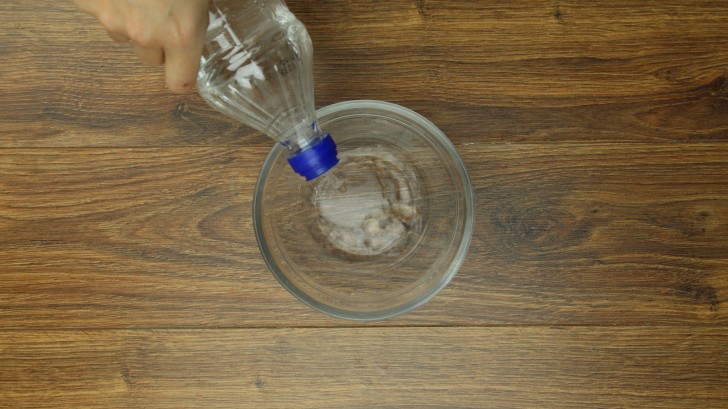
Creativo
In order for the vinegar to clean properly, it needs to be in contact with the material for a certain period of time (which is usually around 30 minutes). This also applies to diluted vinegar.
Once the necessary contact time has passed, rinse off with water and a drop of liquid soap. Make sure that there is no vinegar residue (which could cause damage to other materials).
To avoid any nasty surprises, always test vinegar first on a small, hidden portion of the material to be cleaned before proceeding.
Is vinegar also a disinfectant?
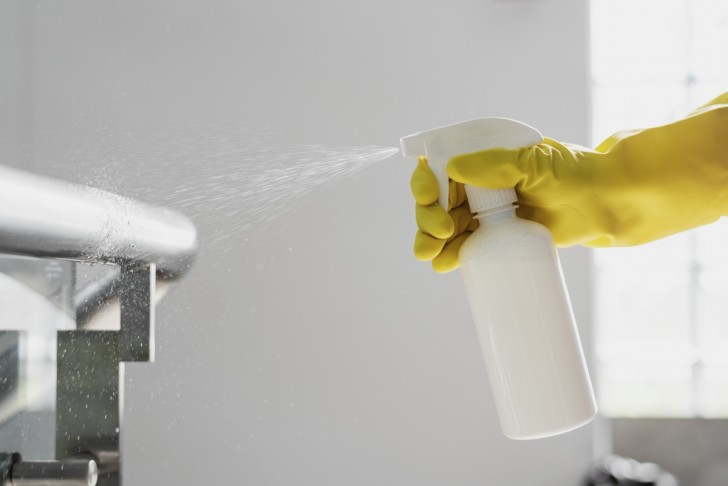
Vinegar is often lauded as a disinfectant: it is not wrong to do so, but we must remember that vinegar has its limits in this regard. For "heavy" disinfecting jobs, commercial sprays (or bleach) will work better.
Using vinegar, however, we can clean many surfaces frequently (as opposed to using commercial products for less-frequently done deep-cleaning). Using a vinegar/water 1:1 mix, we can clean windows, walls, cupboards, floors, stoves, sinks and more.
Additional uses for vinegar at home
- To combat bad odors from the trash can: in addition to washing with a spray of equal parts water and vinegar, you can make persistent bad odors disappear by soaking an old rag with vinegar, wringing it out and leaving it on the bottom of the trash can for half an hour, with the lid closed. Then wipe off with a wet cloth and voilà!
- For partial drain blockages: pour half a glass of baking soda and a full glass of vinegar into the blocked drain, wait 10 minutes and then pour hot water down the drain. Minor obstructions disappear in a flash!
- To degrease pots and pans: pour water and vinegar in equal parts into the dirty pot/pan, then heat on the stove for a few minutes, turn off the heat and leave for half an hour. The vinegar will remove the dirt and even cooking odors!
Where do you use vinegar when cleaning your house?
Reliable and Scientific Tips for Cleaning With Vinegar - NSF (National Sanitation Foundation)
